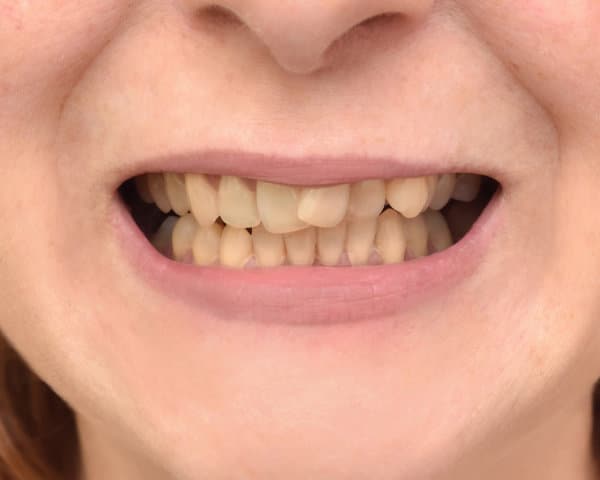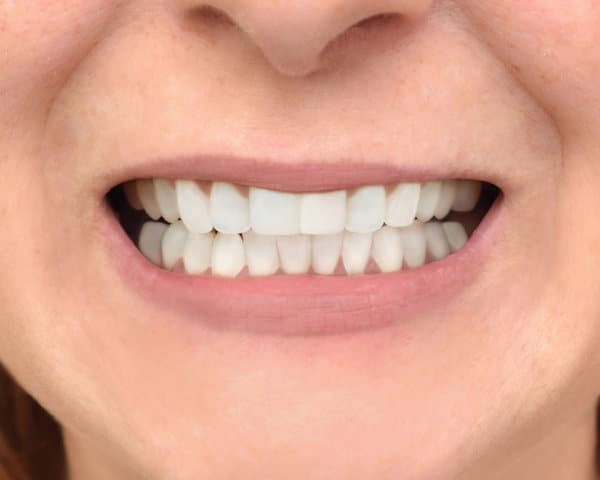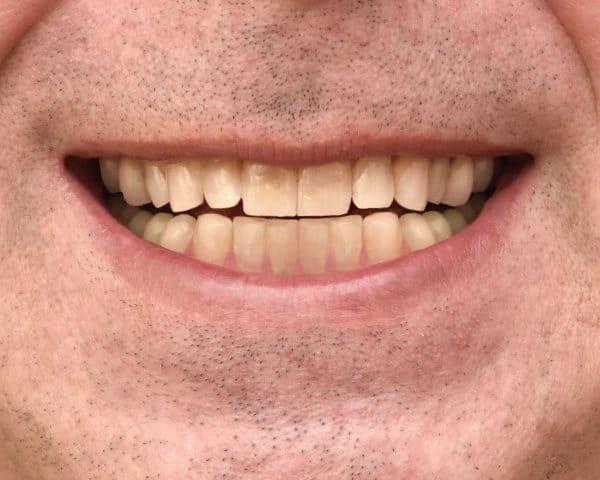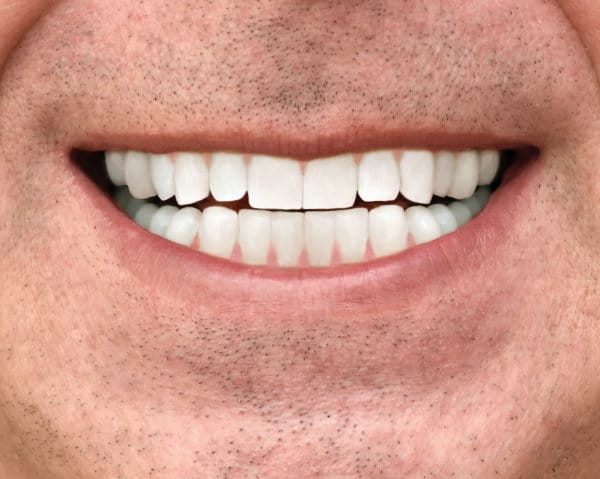Gum disease is a condition that can cause many dental problems such as swollen, tender gums, painful chewing and even tooth loss. Gum disease is an infection caused by plaque and tartar buildup that is found above or below the gumline. The first stage of gum disease is called gingivitis. Many patients don’t realize they have gum disease in this beginning stage. When caught early, gum disease can typically be treated with a professional cleaning and at-home care. This is why regular dental check-ups are important. Having your dentist examine your smile regularly can help save your smile from severe dental issues. Tooth decay, gum disease and other oral issues are much easier to treat in the beginning stages.
Scaling & Root Planing
When gum disease worsens, it can lead to periodontitis. In this stage of gum disease, you may experience loose teeth or bleeding gums. Periodontitis is oftentimes treated with scaling and root planing. This treatment removes the plaque and tartar buildup above and below the gumline in areas a professional cleaning cannot reach. Many times, scaling and root planing can successfully reverse the dangers of gum disease. If your dentist discovers signs of gum disease, they will recommend the best possible treatment. If gum disease is advanced, surgical treatments may be recommended.
Surgical treatments for gum disease include:
- Surgical Crown Lengthening
- Periodontal Pocket Reduction
- Gum Graft Surgery
- Periodontal Plastic Surgery
Dental Implants
Dental implants are one of the best restoration options for replacing missing teeth. If you have suffered tooth loss from gum disease, injury or any other reason, a dental implant could give you back your smile. A dental implant provides a permanent solution that is made to last for several years. A dental implant is made up of an abutment, post and dental crown. The abutment is secured in the jaw bone to create a firm foundation for the post and crown. The dental crown is custom-made to fit your smile and color-matched to blend in naturally with the surrounding teeth.
Are Dental Implants Right for You?
The best way to find out if you are a candidate for dental implants is to schedule a consultation! Your dentist will examine your smile to ensure that your jaw bone is strong enough to support the dental implants. If lack of jaw bone is an issue, bone augmentation can be performed prior to dental implant treatment. It is also important to be free from periodontal disease before beginning the implant process. Your dentist can help treat any existing gum disease with recommended treatment. Dental implants provide a restoration option that is worth the investment!
If you would like more information about dental implants or are experiencing any signs of gum disease, we can help! Our team can evaluate your smile and provide you with the care that you need. Call today our office in Waldorf, MD today!






